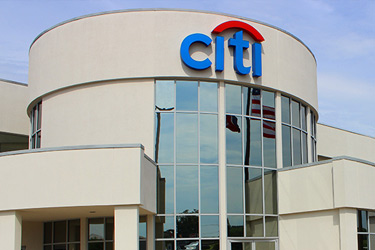

Certainly, Reed was not disadvantaged, growing up in middle-class comfort in Argentina and Brazil, where his father was a corporate executive. He was not a banker by family heritage or by training. But that is certainly not how his banking career began in the 1960s or developed in the 1970s and 1980s, when he rose to the top at Citicorp and became the dominant banking figure of that decade. Reed may now look every inch the Wasp establishment grandee. It might have taken us 25 years, but we are finally sitting down with our man. Perhaps scarred by a magazine cover image of him holding a globe and declaring him banker to the world, just months before the truth of the second crisis began to emerge, those close to Reed decided to prevent any more such public declarations of victory or genius.Įuromoney, however, doesn’t give up. Long before Weill appeared on the scene, Reed’s career had been marked by extraordinary technical innovations and strategic leaps – the invention of the ATM, the drive to make Citicorp a global consumer bank – and by two crises: one that he inherited ( exposure to Latin America) and one that he allowed to build up (exposure to commercial real estate and highly leveraged loans), both of which Reed dealt with vigorously and decisively.

Euromoney can’t help thinking back to the 1990s when we put in repeated requests to interview the boss of the US’s biggest bank, only to be knocked back each time with the reassurance that our request was duly noted and we were “down on the list”.Īfter several years of this, the realization finally dawned and over coffee with Reed’s press adviser we ventured: “There is no list, is there?”įor the last decade of Reed’s career the adviser’s job was to keep him out of the press.


 0 kommentar(er)
0 kommentar(er)
